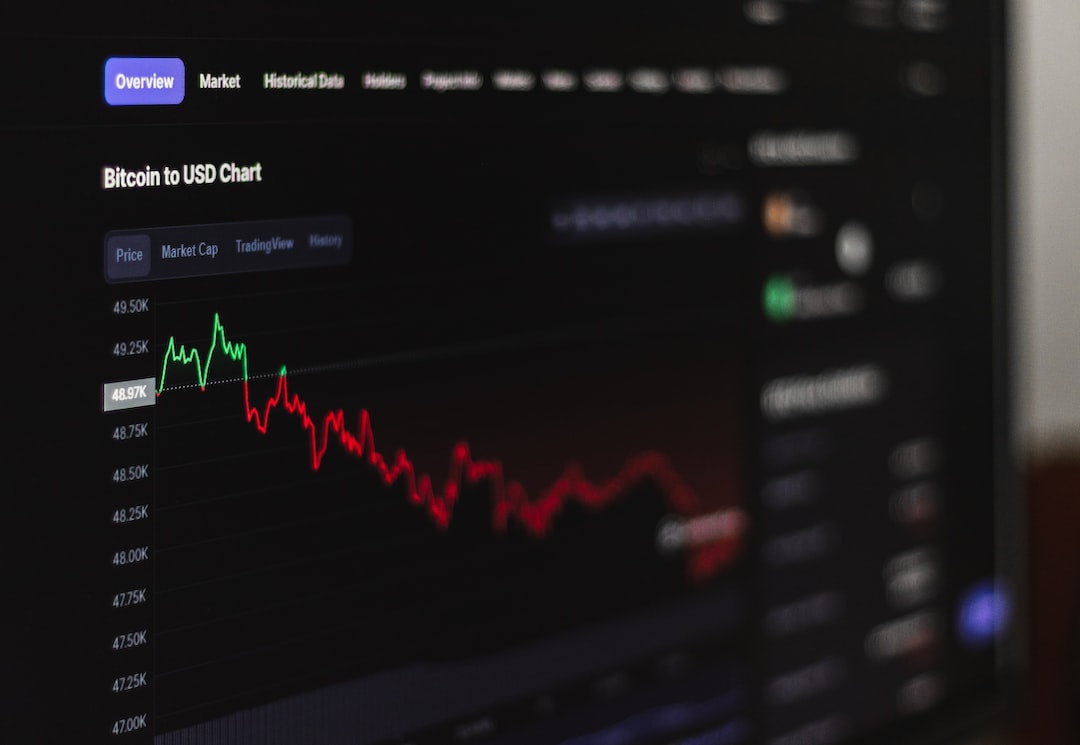The Basics of Trading the Forex Market: A Beginner’s Guide
The foreign exchange market, or forex market, is the largest and most liquid financial market in the world. It is where currencies are traded, enabling individuals, corporations, and governments to convert one currency into another. In this beginner’s guide, we will delve into the basics of trading the forex market and provide you with the essential knowledge to get started.
Understanding the Forex Market:
The forex market operates on a global scale, with trading taking place 24 hours a day, five days a week. It is decentralized, meaning there is no central exchange or physical location. Instead, trading is conducted electronically over-the-counter (OTC) through a network of banks, financial institutions, and individual traders.
Currency Pairs:
In forex trading, currencies are always traded in pairs. The first currency in the pair is known as the base currency, and the second currency is the quote currency. For example, in the EUR/USD pair, the euro (EUR) is the base currency, and the U.S. dollar (USD) is the quote currency.
Bid and Ask Prices:
When trading forex, you will encounter two prices: the bid and ask prices. The bid price is the price at which you can sell the base currency, while the ask price is the price at which you can buy the base currency. The difference between the bid and ask prices is called the spread, and it represents the cost of the trade.
Leverage and Margin:
Leverage is a powerful tool in forex trading that allows you to control large positions with a small amount of capital. It is expressed as a ratio, such as 1:100, meaning that for every dollar you have in your trading account, you can control $100 in the market. While leverage can amplify profits, it also increases the risk of losses. It is essential to understand and manage leverage carefully.
Market Participants:
Various market participants contribute to the liquidity and volatility of the forex market. The major players include commercial banks, central banks, hedge funds, corporations, and individual retail traders. Each participant has a unique motive for trading, which can range from hedging against currency risks to speculating on price movements.
Trading Strategies:
There are several trading strategies used in the forex market, each with its own advantages and risks. Some common strategies include:
1. Day Trading: Day traders aim to profit from short-term price fluctuations by opening and closing positions within a single trading day.
2. Swing Trading: Swing traders hold positions for a few days to a few weeks, aiming to capture larger price movements.
3. Position Trading: Position traders take long-term positions based on fundamental analysis and hold them for weeks, months, or even years.
4. Scalping: Scalpers aim to make small profits from frequent trades, typically holding positions for a few seconds to a few minutes.
Fundamental and Technical Analysis:
To make informed trading decisions, forex traders rely on both fundamental and technical analysis. Fundamental analysis involves analyzing economic indicators, geopolitical events, and central bank policies to determine the future direction of currency pairs. Technical analysis, on the other hand, uses historical price charts, patterns, and indicators to identify potential trading opportunities.
Risk Management:
Risk management is crucial in forex trading to protect your capital from substantial losses. This involves setting stop-loss orders to limit potential losses and take-profit orders to secure profits. It is also important to determine your risk tolerance and avoid overtrading or risking too much on a single trade.
Choosing a Forex Broker:
To start trading the forex market, you need to choose a reputable forex broker. Consider factors such as regulation, trading platforms, spreads, customer support, and educational resources when selecting a broker. It is also essential to practice on a demo account before trading with real money to gain experience and confidence.
Conclusion:
Trading the forex market can be an exciting and potentially profitable venture. However, it requires knowledge, discipline, and risk management. By understanding the basics of the forex market, currency pairs, trading strategies, and risk management techniques, beginners can start their trading journey with a solid foundation. Remember to continue learning and adapting your approach as you gain experience in this dynamic market.


